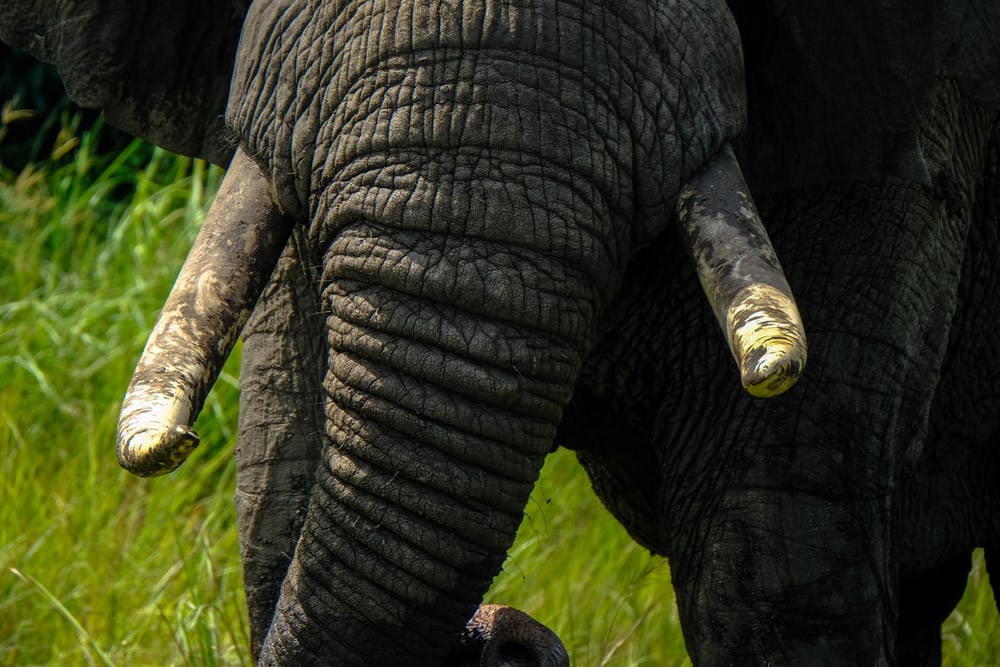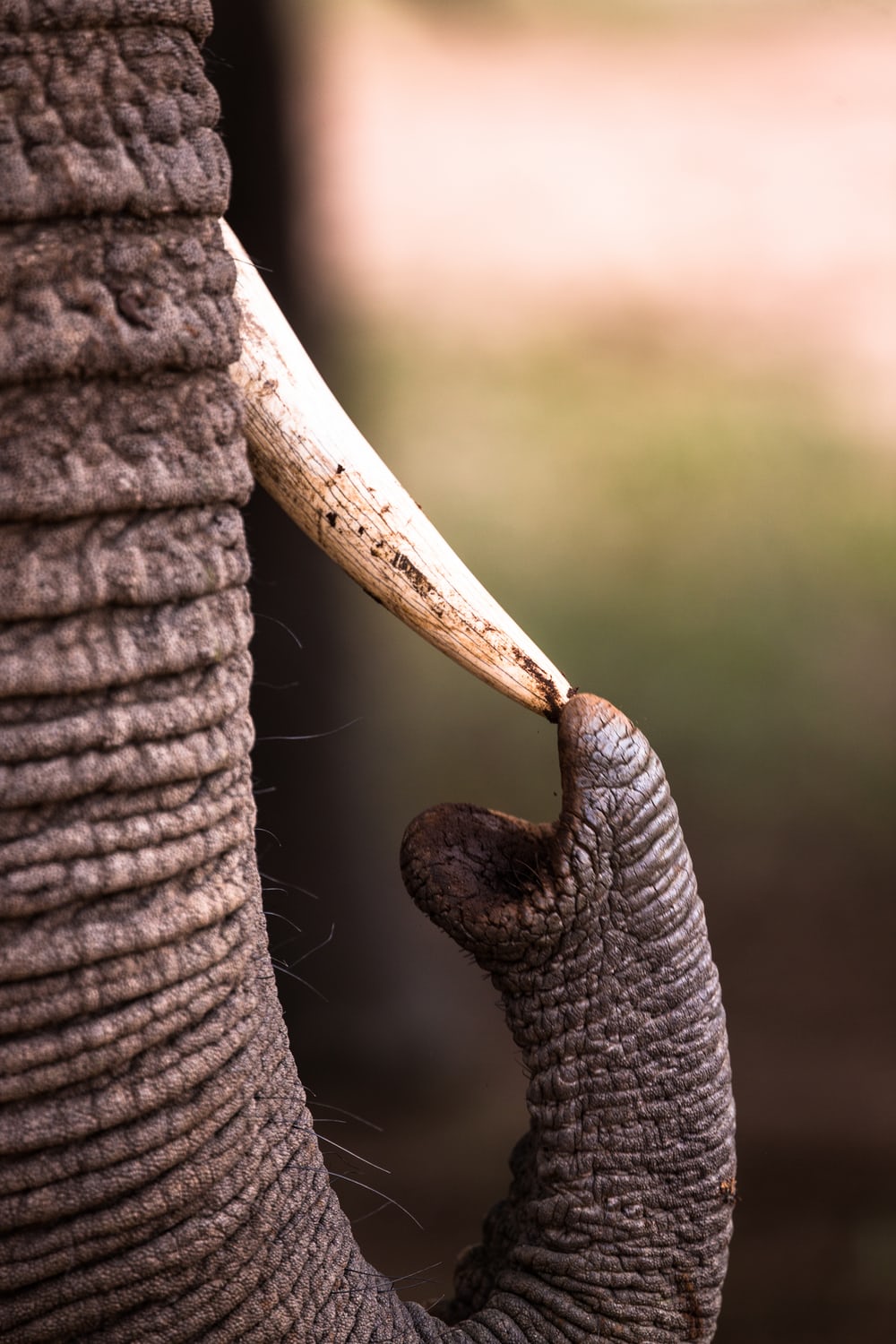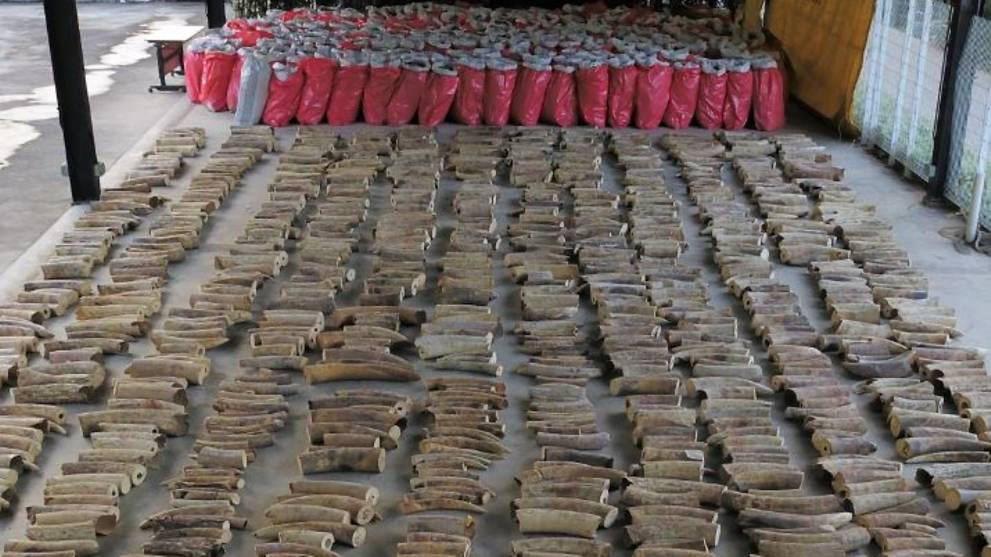
- Inspiring People -
- 4mins -
- 125 views
Singapore set to ban domestic trade in elephant ivory
From September 2021, Singapore will ban local sales of ivory, removing a key end-market for the valuable material.
Singapore to ban domestic trade in ivory
Singapore will ban domestic trade in elephant ivory from September 2021, the National Parks Board (NParks) said on Monday Aug 12. The ban will mean that the sale of elephant ivory and ivory products will be prohibited in Singapore, NParks said. The display of ivory products will also not be allowed, with a few exceptions for educational or religious purposes.

Singapore is closing the market for ivory
Singapore on Monday announced it will ban the domestic sale of ivory from September 2021, closing an important market for poached elephant ivory.
"The ban will mean that the sale of elephant ivory and ivory products, and public display of elephant ivory and ivory products for the purpose of sale will be prohibited," the National Parks Board, a government agency, said in a statement that coincided with World Elephant Day.
International trade in ivory has been banned since 1990 under the Convention on International Trade in Endangered Species of Wild Fauna and Flora (CITES), an international treaty signed by most countries.
However, activists say poached ivory can be disguised as legal as long as trade is allowed in licensed outlets and online.
International trade in all elephant ivory products have been banned in Singapore since 1990.
Such items could be sold domestically if traders could prove they were imported before that year or acquired prior to the inclusion of the relevant elephant species in an international convention protecting endangered species.
China, the largest end-market for elephant ivory, banned domestic trade in 2017.
Source: DeutscheWelt

100 African elephants killed annually
Demand for ivory from Asian countries such as China and Vietnam, where it is turned into jewels and ornaments, has led to a surge in poaching across Africa.
An estimated 100 African elephants are killed each day by poachers seeking ivory, meat and body parts, leaving only 400,000 remaining, according to estimates by environmentalists.
Authorities in Singapore made their largest ever seizure of smuggled ivory last month, confiscating a haul of nearly nine tonnes of contraband tusks from an estimated 300 African elephants valued at $12.9 million.
The illegal cargo was found in a container from the Democratic Republic of the Congo being shipped to Vietnam via Singapore and also included 11.9 tonnes of pangolin scales.
Source: DeutscheWelt

Read more at Source: ChannelNewsAsia
Singapore’s ban offers no exceptions, potentially making it the world’s strictest
While Singapore has banned international trade on all forms of elephant ivory products since 1990, domestic trade is still permitted if traders show that their items were imported before 1990 or were acquired before the inclusion of the relevant elephant species in CITES.
After the ban comes into effect, traders can donate their stock to institutions for educational purposes or keep them.
- Public display of elephant ivory or ivory products for educational or religious purposes will continue to be permitted.
- Those who own musical instruments and personal effects like bird cages that contain ivory may continue to use them in public, NParks said.
Aside from that, Singapore’s ban offers no exceptions, potentially making it the world’s strictest ivory ban in scope and implementation, said the World Wide Fund for Nature (WWF).
“Singapore’s decisive actions are important steps to protect wildlife as we continue to see dwindling populations across the globe. The domestic trade ban sends a strong signal to global governments and underlines the urgency to stop the illegal wildlife trade," said WWF-Singapore CEO Maureen DeRooij.
The ban comes after about two years of consultation from 2017 with the public, including non-government organisations and ivory retailers.
In a public consultation conducted on the REACH portal from November to December last year, 99% of respondents were supportive of the blanket ban.
Dr. Leong Chee Chiew, Director-General, Wildlife Trade Control, said: "It is timely that we are announcing the domestic ban of trade in ivory on World Elephant Day. NParks, as the national authority that enforces CITES in Singapore, is committed to stopping the trade of elephant ivory and its products for the conservation and protection of the world’s elephants."
Once the ban comes into effect, those who contravene it may be jailed up to a year, or fined.
Source: ChannelNewsAsia

